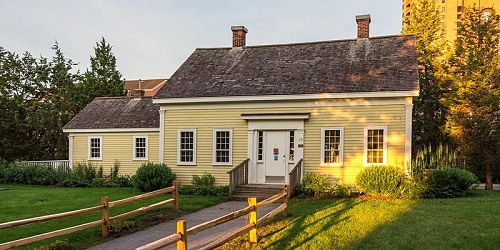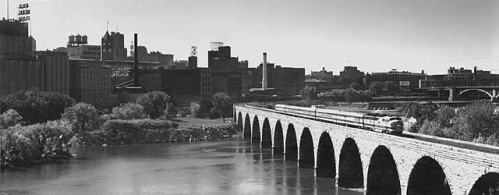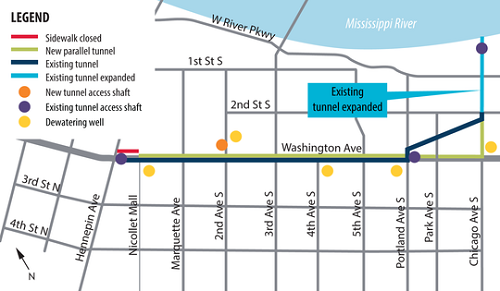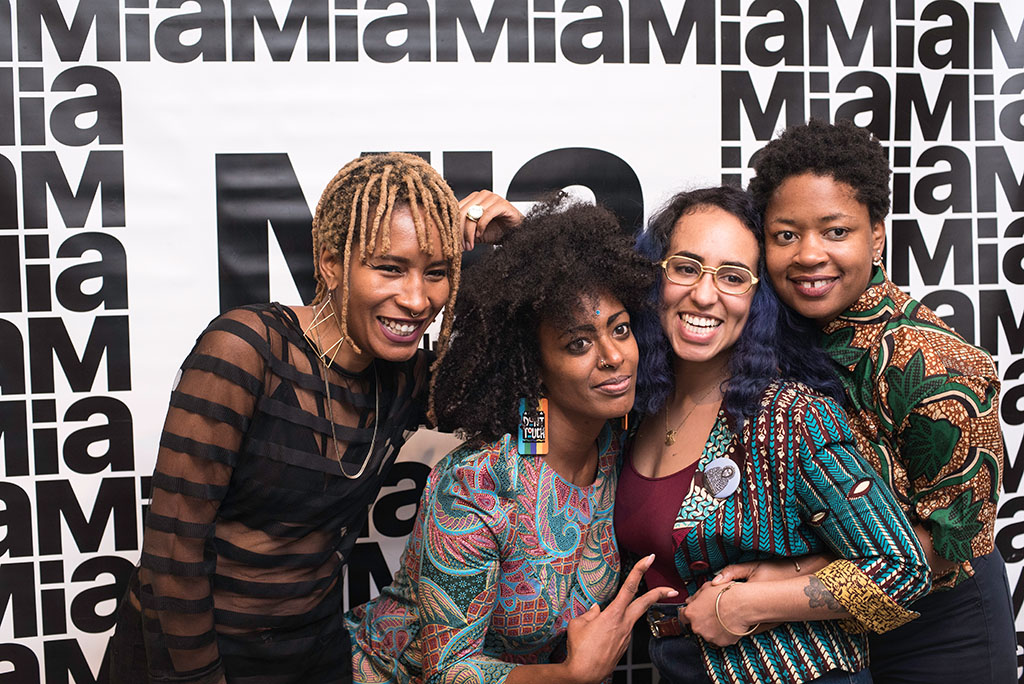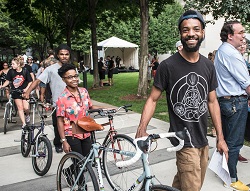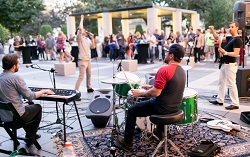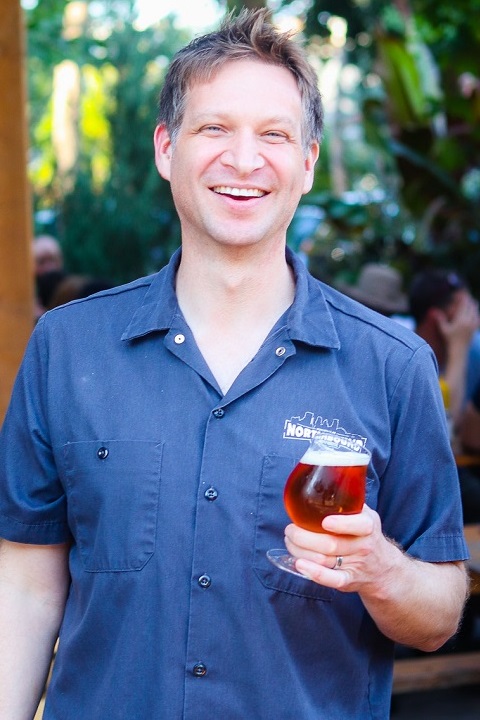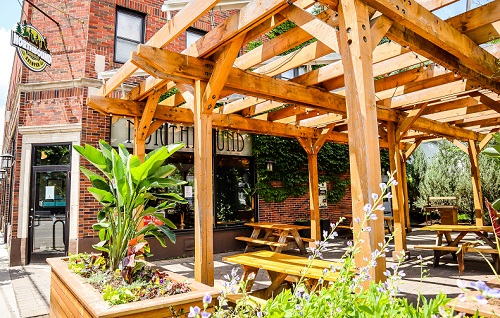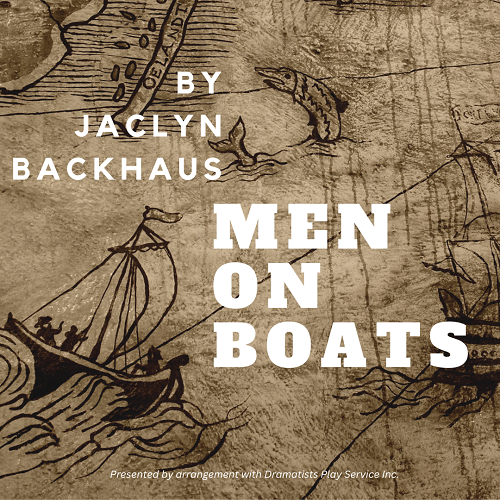Article by Becky Fillinger, photos provided
 Rich Henriksen, owner, seated at the bar in front of the stained glass entryway. Photo credit Northstar Imagery
Rich Henriksen, owner, seated at the bar in front of the stained glass entryway. Photo credit Northstar Imagery
Rich Henriksen recently opened Berlin in the North Loop – and aren’t we lucky? This intimate music club, located at 204 N 1st Street, provides first rate entertainment with tasty food and drink menus. We talked to Henriksen about his inspiration for Berlin and what we can expect when we visit. Check out the amazing talent on the team! Berlin is open six days a week from 4PM to 12AM, (1AM closing time on Friday and Saturday), closed on Tuesday.
Q: Congratulations on opening Berlin in the North Loop. What inspired you to open a jazz club? We would love to hear your vision for the club.
A: I have always been captivated by the spontaneity of live music and its ability to connect people around the world. Minneapolis has a rich musical history and culture - our aim is to make a meaningful contribution to the city and its artists. We created Berlin to be a cozy space designed for genuine connection, great conversation, as a way to immerse yourself in the energy of live music. We hope people will discover new artists experimenting with sound. It’s good for the soul to listen to live music together.
Q: How do you go about selecting the individual artists and bands to perform at Berlin?
A: Music Supervisor Alex Proctor selects artists to feature a wide variety of experimental music from jazz, ambient, and electronic programming while leaning on mostly instrumental music. The calendar will balance between live bands and DJ’s that span across musical genres with an expanding cast of local, national, and international artists.
 Photo of the main room, view from the desirable counter-height seating. Photo credit Northstar Imagery
Photo of the main room, view from the desirable counter-height seating. Photo credit Northstar Imagery
Q: How did you design the Berlin interior? What elements of the décor or ambiance are you most proud of?
A: Built in 1888, this historic building will maintain much of its time-honored charm, though with a fresh, cocktail-forward perspective. Designer Aaron Wittkamper, of Wittkamper Studio, brings together decadent velvety textiles, a stunning marble bar top and layered moments of colored glass, to evoke a truly jazz-minded environment, both contemporary and classic in its presentation. Vintage brass fixtures, tasseled pendants and soft curves in the millwork offer a subtle nod to all things art nouveau, while a stained glass entryway, hand crafted using a thousand year old technique, by Janelle Wilson of Archon Glassworks utilizes antique glass acquired from Germany. Berlin honors the past, while hosting a 21st century party.
We are most proud of how you can't quite place where Berlin exists in time. It is both old and new.
Q: Are there community events or collaborations in the works that you may share with us? I’m thinking of a MacPhail School of Music/Berlin collab on jazz performances by emerging artists!
A: There definitely will be in the future! This year we were brand new, but we still collaborated with The Great Northern for some of their programming. We hope to partner with other organizations once we get into a groove with our team.
 Tinned fish is a hidden delight of the food menu. Photo credit Isabel Subtil
Tinned fish is a hidden delight of the food menu. Photo credit Isabel Subtil
 An old fashioned highlights the beauty in simplicity of the classic cocktail program. Photo credit Isabel Subtil
An old fashioned highlights the beauty in simplicity of the classic cocktail program. Photo credit Isabel Subtil
 A spread of warm olives with orange and chili, a sourdough baguette with caramelized bacon butter, and a soft pretzel with cervelat cheese sauce. Photo credit Isabel Subtil
A spread of warm olives with orange and chili, a sourdough baguette with caramelized bacon butter, and a soft pretzel with cervelat cheese sauce. Photo credit Isabel Subtil
Q: How did you decide on the menu for Berlin? Are there signature drinks or dishes?
A: Culinary Director Jamie Malone of Paris Dining Club offers shareable snacks, a few large plates, and delightful desserts. The beverage program is overseen by Ruby Langworthy, previously of Young Joni back bar and Little Tijuana. Cocktails are classic, simple, and unfussy. Both food and drink are designed to complement the heartbeat of the experience, which is music. You can enjoy a full dinner that adds to the show, without being too distracting and taking away from it. There is also an amazing happy hour from 4-6pm Monday-Friday.
Q: How may we stay current with the performance schedule and other events at Berlin?
A: We keep our calendar up to date on our website, but the best way to hear the news first is to subscribe to our newsletter here.
 Friday, May 10, 2024 at 8:47AM |
Friday, May 10, 2024 at 8:47AM |  Kim Eslinger |
Kim Eslinger | 